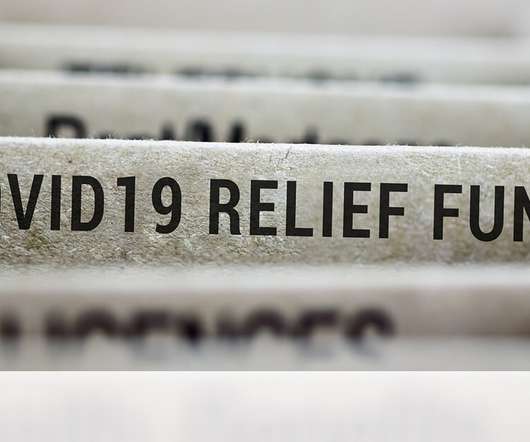Debt After Death: 9 Things You Need to Know
Credit Corp
JULY 26, 2021
If beneficiaries can’t or won’t assume the loan, they can sell the property to settle the debt instead. If your loved one doesn’t have any beneficiaries listed on their will when they die, their mortgaged property may go into foreclosure. At that point, their bank will sell the property to recover the mortgage debt.











Let's personalize your content